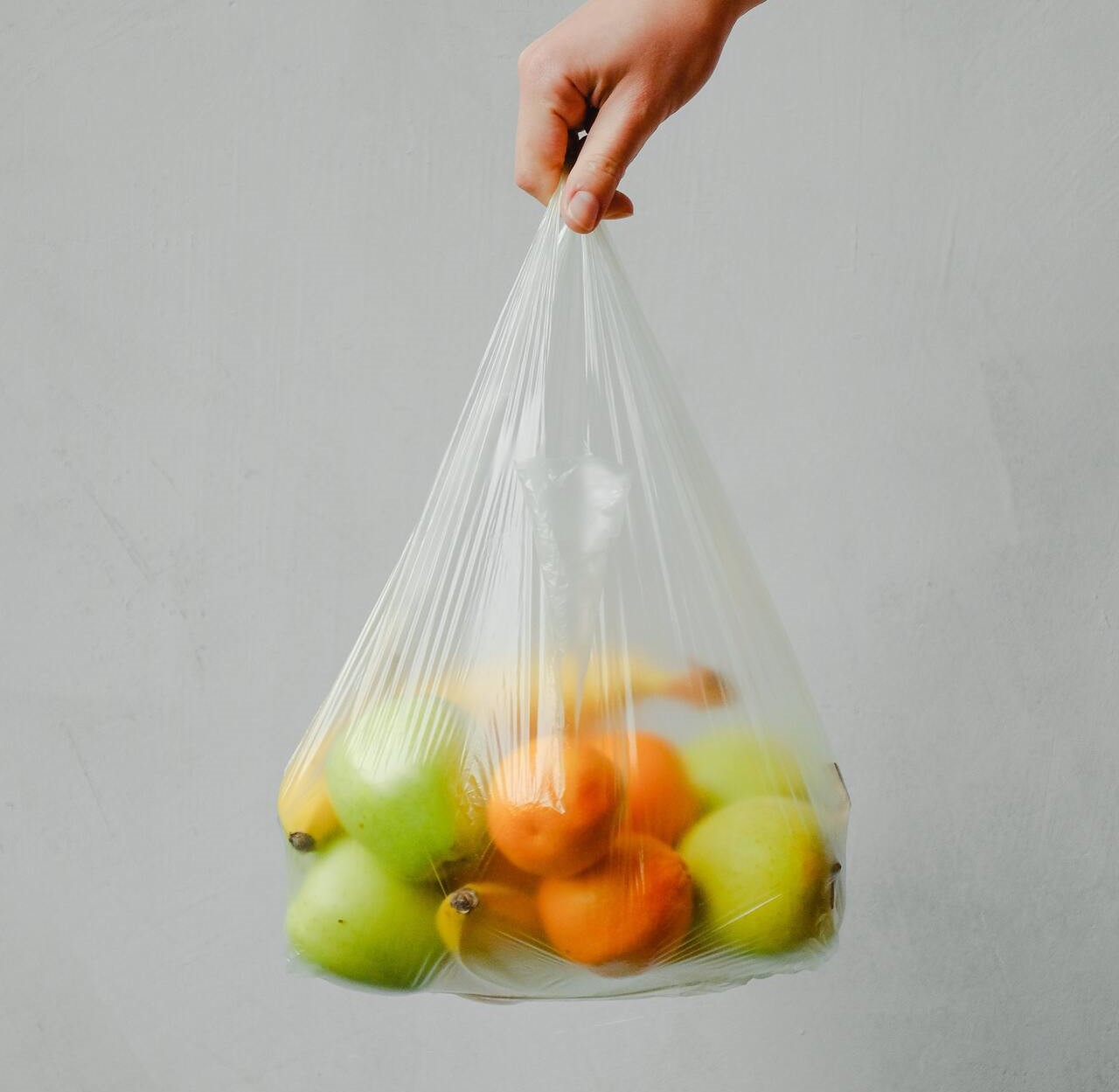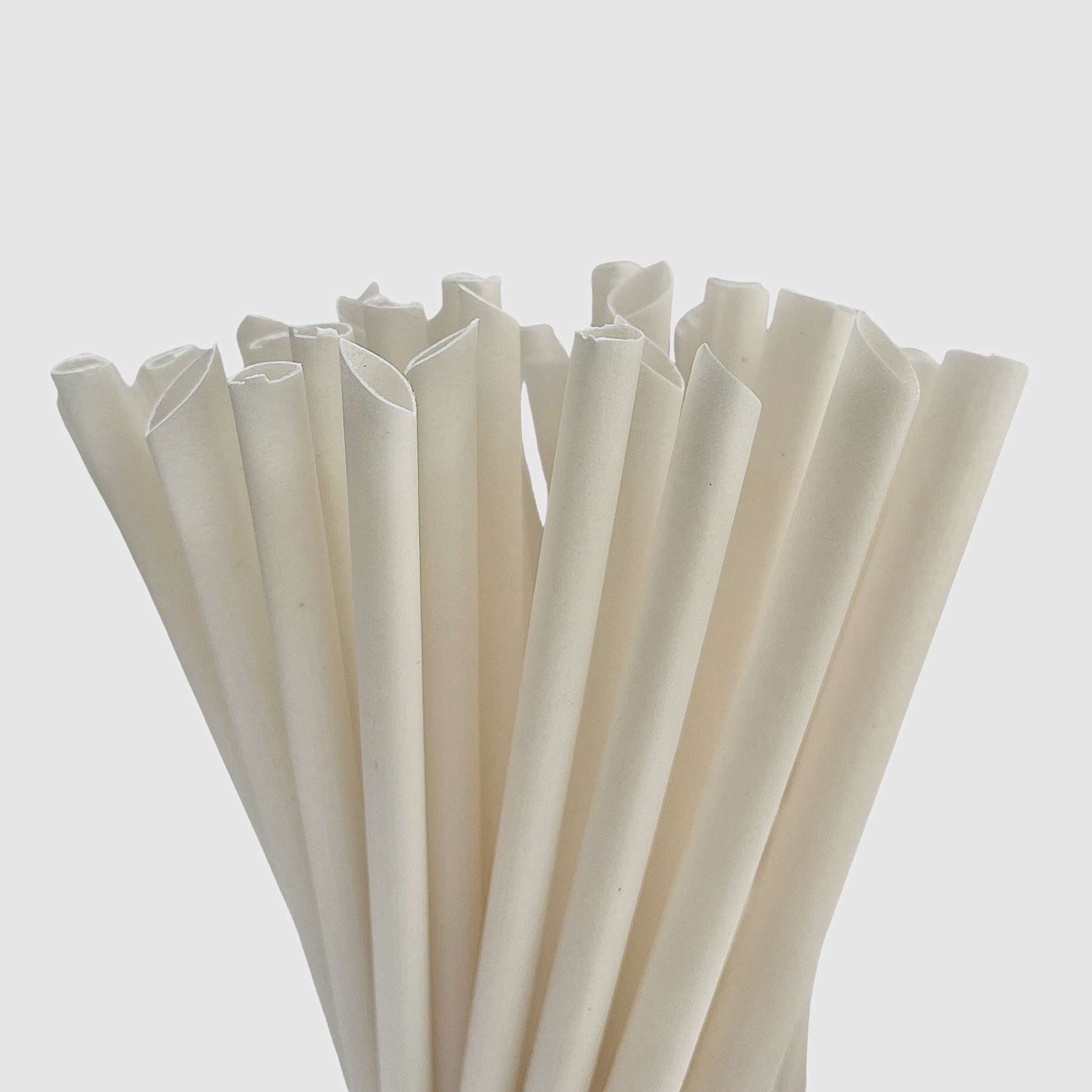Say Goodbye to Single-Use Plastics with Bio Plastic Straws
Single-use plastics, particularly plastic straws, have become a significant environmental concern due to their harmful impact on our planet. However, there is a solution that allows us to bid farewell to single-use plastics while still enjoying the convenience of straws: bio plastic straws.
The global issue of single-use plastics
The global issue of single-use plastics is a major environmental challenge that is contributing to pollution, environmental degradation, and climate change. Single-use plastics are items that are designed to be used only once and then thrown away, such as plastic bags, straws, and water bottles. These items are often made from non-biodegradable materials derived from fossil fuels, making them difficult to recycle or dispose of, and leading to their accumulation in landfills, oceans, and other natural spaces.
Additionally, the disposal of single-use plastics can release harmful chemicals into the environment, posing a threat to wildlife and human health.

Sustainable alternatives are needed to address this issue and reduce our reliance on single-use plastics. This includes initiatives to promote recycling and reuse of plastics, as well as the development and use of biodegradable and compostable alternatives made from renewable resources.
The transition to more sustainable alternatives is essential to reduce the impact of single-use plastics and promote a more sustainable future for the planet and future generations. It requires collective action and innovation from individuals, businesses, and governments around the world.
Understanding Bio Plastic Straws
Definition and characteristics of bio plastic straws
Bio plastic straws are a type of straw made from biodegradable and compostable materials derived from renewable sources. Unlike traditional plastic straws that are made from fossil fuels and can persist in the environment for hundreds of years, bio plastic straws offer a more sustainable and environmentally friendly alternative.. Bio plastic straws are typically made from renewable resources like cornstarch, sugarcane, or coffee grounds.

Bio straws
The characteristics of bio plastic straws include:
- Biodegradability: these straws are designed to break down naturally through biological processes, such as the action of microorganisms, into simpler, non-toxic substances. This allows them to return to the environment without causing long-term pollution or harm.
- Compostability: Many bio plastic straws are also compostable, meaning they can be placed in a composting facility and undergo controlled degradation to become nutrient-rich compost. This helps divert waste from landfills and contributes to the production of valuable organic matter.
- Renewable materials: This straws are typically made from renewable resources, such as plant-based materials like cornstarch, sugarcane, or coffee grounds. These materials can be replenished through sustainable agricultural practices, reducing the dependence on finite fossil fuel resources.
- Lower carbon footprint: Compared to traditional plastic straws, our bio straws have a lower carbon footprint. The production of bio plastic materials from renewable sources generally results in fewer greenhouse gas emissions, helping to mitigate climate change.
Similar functionality: They are designed to offer similar functionality and convenience as traditional plastic straws. They are typically sturdy, heat-resistant, and suitable for a wide range of beverages.
Materials used in bio plastic straw production
Bio plastic straws are made from a variety of materials that are biodegradable, compostable, and derived from renewable resources. Here are 2 types of the commonly bioplastics used in bio plastic straw production:
Bioplastics from natural sources: One of bio based plastics examples is plastics derived entirely from natural sources. This type is used in various applications such as packaging, disposable cutlery, and textiles. It offers biodegradability and reduces the reliance on fossil fuel-based plastics.
Bioplastics combine both natural sources and plastics recycled: One more bio based plastics example is bio-based plastics that combine coffee grounds and recycled plastics are an innovative solution in sustainable material development.
One remarkable bioplastics examples is AirX Coffee Bio-composite, which is made from a combination of coffee grounds and recycled plastics. This innovative material is developed by AirX, a company that is driven by the principles of carbon neutrality, circularity, and social responsibility. Besides, Coffee Bio-composite offers the durability, strength, and flexibility required to meet various business needs, such as bio plastic straws.

AirX Coffee Bio-composite can use to make bio straws.
Comparing performance and functionality with traditional plastic straws
When comparing the performance and functionality of bio plastic straws to traditional plastic straws, it is essential to consider various factors:
- Strength and Durability: Traditional plastic straws are generally known for their strength and durability. They can withstand bending, twisting, and punctures without breaking. On the other hand, bio plastic straws, depending on the material used, may have slightly lower strength and durability.
- Flexibility: Traditional plastic straws are designed to be highly flexible, allowing users to bend them for comfortable drinking. Bio plastic straws can also offer similar flexibility and can be bent at different angles without breaking. The flexibility of bio plastic straws may vary depending on the specific material used and the manufacturing process.
- Decomposition Time: One significant advantage of bio plastic straws is their biodegradability. Unlike traditional plastic straws, which can persist in the environment for hundreds of years, bio plastic straws are designed to break down naturally over time. Depending on the material used, bio plastic straws can typically biodegrade within a few months to a few years, significantly reducing their environmental impact.
- Environmental Impact: Traditional plastic straws contribute to the global plastic waste problem and can harm wildlife and ecosystems when improperly disposed of. In contrast, bio plastic straws are made from renewable resources and are designed to be biodegradable and compostable.
- Cost: The cost of bio plastic straws can vary depending on factors such as the material used, manufacturing process, and scale of production. In some cases, bio plastic straws may be slightly more expensive than traditional plastic straws. However, as the demand for eco-friendly alternatives increases and technologies advance, the cost of bio plastic straws is becoming more competitive.
Transitioning to Bio Plastic Straws
Switching to bio plastic straws is a positive step towards reducing plastic waste and promoting environmental sustainability. Here are some practical steps to help you incorporate bio plastic straws into your daily life:
- Educate Yourself: Start by educating yourself about the environmental impact of single-use plastic straws and the benefits of using bio plastic alternatives. Understand the difference between traditional plastic straws and bio plastic straws, including their materials, biodegradability, and compostability.
- Purchase Bio Plastic Straws: Look for reputable brands that offer bio plastic straws. Ensure that the straws are made from certified biodegradable and compostable materials
- Request Bio Plastic Straws: When visiting restaurants, cafes, or other establishments, politely request bio plastic straws instead of traditional plastic ones.
Transitioning to bio plastic straws requires collective effort and conscious decision-making. By incorporating these steps into your daily life, you can contribute to the reduction of plastic waste and inspire others to join the movement towards a more sustainable future. Remember, even small changes can make a significant difference when it comes to protecting our environment.
Contact us
AirX is the world's first carbon-negative bio-material made from coffee grounds manufacturer.
We specialize in producing bio-based composites using recycled carbohydrates derived from by-products such as coffee grounds, coconut husk, husk, and bamboo. Our goal is to promote sustainability through the use of eco-friendly materials.
We are always here to help and provide the best service possible. If you have any questions or would like to receive advice and feedback directly from our sales staff, please do not hesitate to contact us. You can reach us through:
- Whatsapp: +84 969 742 950
- Email: [email protected]
We look forward to hearing from you!

